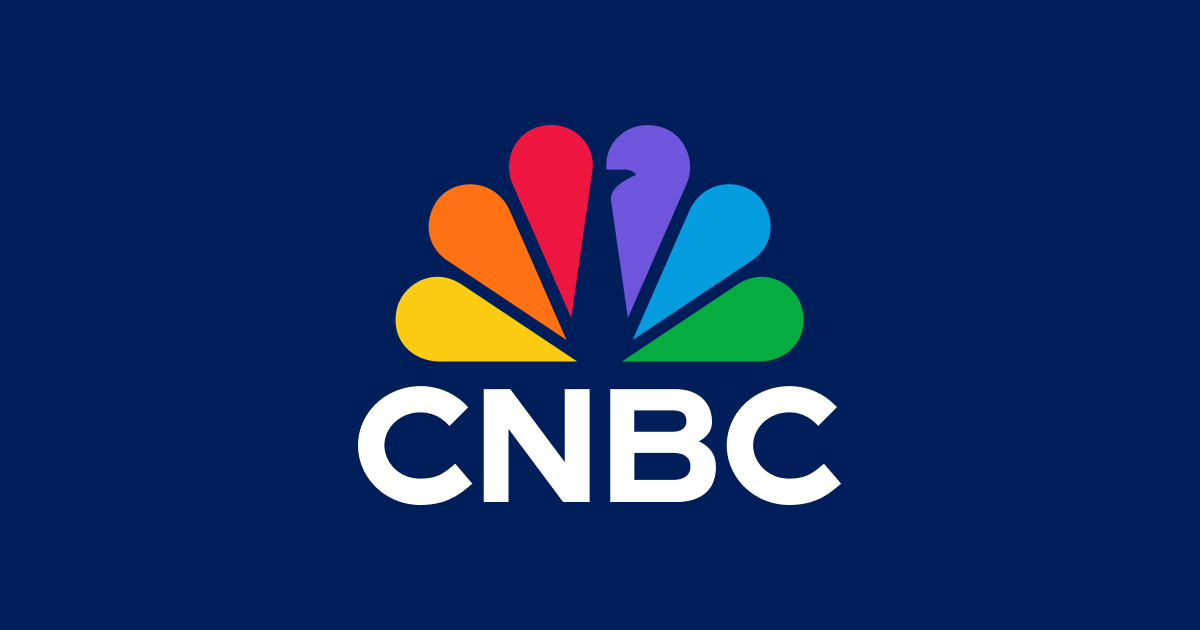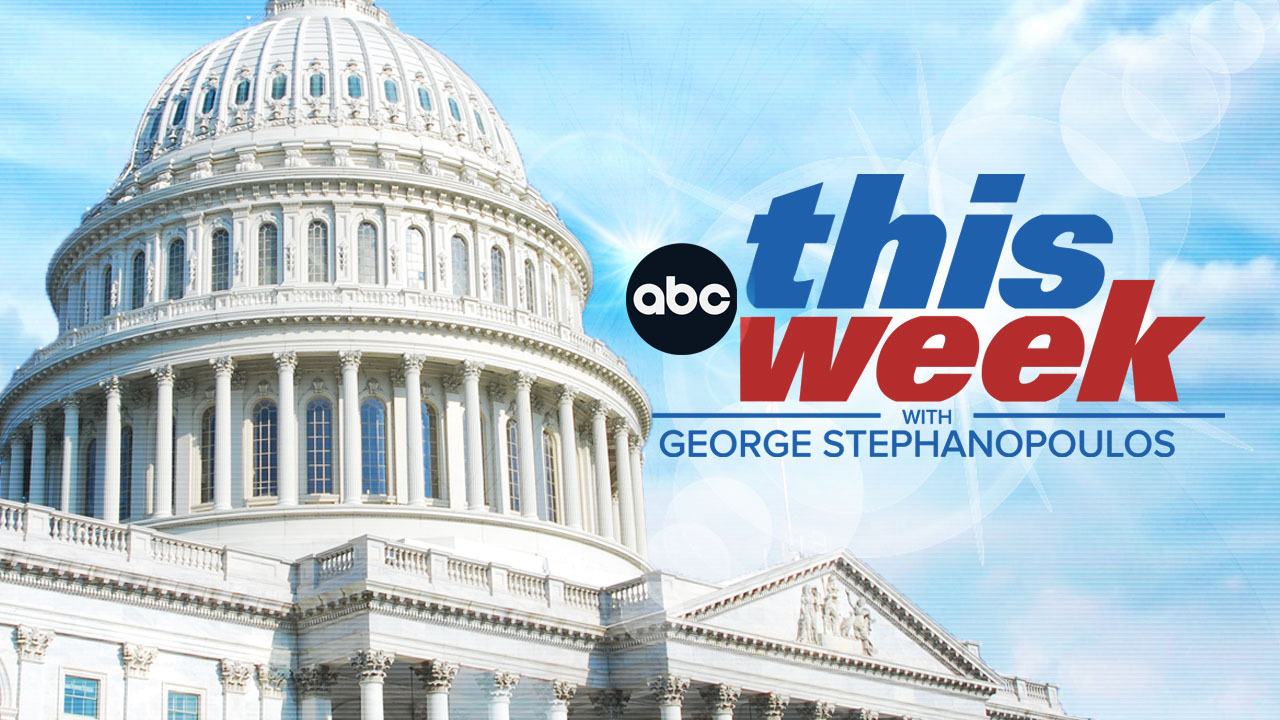Confidence among small business owners remains the same as last quarter with an Index score of 47 out of 100, despite renewed inflation concerns
ENGLEWOOD CLIFFS, N.J. and SAN MATEO, CA, May 2, 2024 — CNBC, First in Business Worldwide, and SurveyMonkey today announced the results of their quarterly CNBC|SurveyMonkey Small Business Survey.
After a disappointing March inflation report, the survey, which polled over 2,000 small business owners in the U.S. from April 8-12, 2024, finds that optimism over inflation has dropped among small business owners, falling back to the early 2023 levels. One in four (24%) small business owners say inflation has reached a peak, down from 29% the previous quarter, but most small business owners (75%) expect inflation to continue to rise, up from 69% the previous quarter. More than one in three (37%) of small business owners view inflation as the biggest threat to their business, nearly three times higher than other issues, such as consumer demand and labor shortages.
The survey also highlights that three in five small business owners cite inflation (63%) and economic growth (61%) as the top issues for deciding on who to vote for in the upcoming presidential election. However, there is a notable divergence between business owners under 35 and older business owners regarding social issues and foreign policy. More than half (56%) of business owners under 35 cite social issues as a major concern, which is second only to inflation and interest rates, while only 36% of them say foreign policy is a top issue.
Most small businesses also have little confidence in today’s business policies, with nearly three in four (73%) saying that today’s policies favor large companies over small businesses. Both Democratic and Republican small business owners find rare common ground with a majority of Republican (79%) and Democratic (71%) small business owners sharing that same view.
Despite declining confidence in overcoming inflation, small business owners still remain hopeful about the state of the economy, with 27% saying that the economy is “excellent or good,” similar to last quarter, but higher than the same time last year. Overall, the Small Business Confidence Index, a number based on responses to eight questions in the survey, has remained steady with a score of 47 out of 100, the same from last quarter’s survey and still the highest reading since Q4 2020.
“Small business owners are the engine of our economy, and the data shows they are still pessimistic about overcoming inflation,” said Lara Belonogoff, Senior Director of Brand Management and Research at SurveyMonkey. “With an election looming, it’s important to keep a close pulse on how this population thinks and feels about their prospects for economic growth.”
Additional findings from the Q2 2024 CNBC|SurveyMonkey Small Business Survey include:
Confidence in the Federal Reserve and President Biden:
- Confidence among small business owners in the Federal Reserve’s ability to control inflation falls back down to previous levels:
- 31% are “very or somewhat confident,” down from 35% the previous quarter and on par with 31% from Q2 of last year.
- Confidence in President Biden also remains shaky, sliding back after an increase the previous quarter, with 31% approving (down from 33% in Q1) and 68% disapproving (up from 66% in Q1) of the way Joe Biden is handling his job as president.
- Confidence among those who disapprove of Biden’s presidency cools down to a score of 39, down slightly from 40 the previous quarter, while confidence among Biden’s supporters remains steady, with those who approve of the job Biden is doing as president reporting an overall confidence score of 61, identical to the previous quarter.
Views of current business policies and impact of the stock market:
- Recent stock market gains see very little fanfare from small business owners: less than one in five (17%) say this year’s stock market performance has had a positive impact on their business, while the majority (64%) say they have experienced no particular impact.
- Most small business owners fear being ignored or left behind by business policies today with 86% of them saying they are “very or somewhat concerned” about having no voice in business policy-making.
- This fear is shared across political lines: 91% of Republican business owners are concerned, compared with 88% of Independents and 82% of Democrats.
CNBC Restaurant & Small Business Correspondent Kate Rogers will reveal the results of the CNBC|SurveyMonkey Small Business Survey today, Thursday, May 2 throughout the network’s Business Day programming. For more information on the survey including the full results and methodology and in-depth articles, go to: https://www.surveymonkey.com/curiosity/cnbcsurveymonkey-small-business-index-q2-2024/?utm_source=cnbc_2024.
Methodology:
SurveyMonkey created a unique Small Business Confidence Index (SBCI), which is a 100-point score based on responses to eight key questions. The index is calculated on a scale from 0–100 and is based on the responses to eight key questions. A zero indicates no confidence, and a score of 100 indicates perfect confidence. The second quarter of 2024′s SBCI has remained the same from the first quarter 2024 score at an overall value of 47.
This CNBC/SurveyMonkey online poll was conducted April 8-12, 2024 among a national sample of 2,130 self-identified small business owners ages 18 and up. This quarter, we also reached 13,097 individuals who do not own small businesses. Respondents for this survey were selected from the more than 2 million people who take surveys on the SurveyMonkey platform each day. The modeled error estimate for this survey is plus or minus 3 percentage points for the results among small business owners and 1 percentage point for results among those who do not own small businesses.
Data for small business statistics have been weighted according to business characteristics (industry and number of employees) according to the Small Business Administration’s 2013 Statistics of U.S. Businesses. Additionally, person-level data (age, gender, level of education, race, geography) for business owners have been weighted to the Census Bureau’s 2012 Survey of Business Owners.


